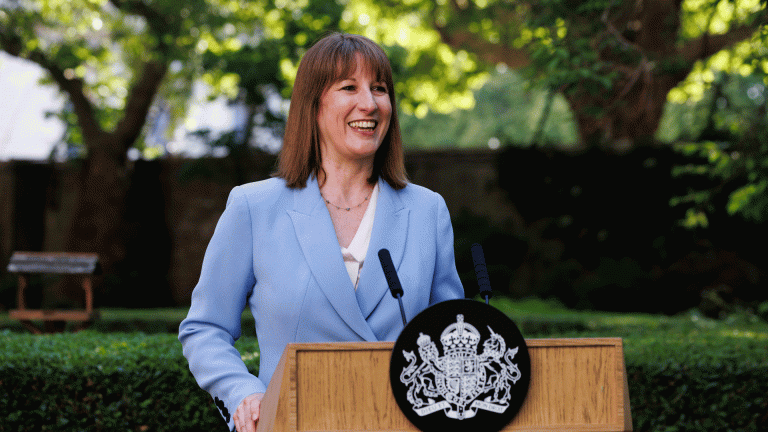Farm alarm
The article “Without government action to lower prices, Britain is heading for a food crisis” perpetuates dangerous myths which could prevent effective action to help the poorest in Britain. Subsidising UK agriculture has next to no impact on prices. As a farmer, I would (quite reasonably) sell to the highest bidder irrespective of whether my production was subsidised or not. Producing more might alter the proportion of food we import – but not its price.
This is yet another example of the idea that subsidising others trickles down to the poor. Instead, access to food should be ensured by direct support for the poorest in society.
Farm subsidies are massively captured by the richest farms in the UK, with the largest 25% of farms taking 75% of public subsidies while the poorest half of farmers get just 10% of support. We need to address farmer poverty (which is very real) by reallocating some existing subsidies to guarantee a basic income for farmers and target the rest of this public money to those areas and environmental improvements which yield the greatest public benefits.
Professor Ian J Bateman, University of Exeter Business School
Rate expectations
Grassroots music venues may be complaining about their bills, but it is not “cash-strapped councils raising business rates”.
The Valuation Office Agency assesses the rateable value and the government sets the poundage, that is the amount of pence for each pound of rateable value that allows the bill to
be calculated.
Advertising helps fund Big Issue’s mission to end poverty
Councils’ role is to issue the bills and collect the money which, among other things, supports local services. But councils cannot set or increase business rates.
Ian Miller, Kidderminster
Phoning in alternatives
One thing that’s never mentioned in the discussion of devices and social media and people’s addiction to them is the privatisation and monetisation of the activities that used to be alternatives. When my children were young, football pitches were free, all primary schools had free music lessons and a band or orchestra, and there were free youth clubs and opportunities to learn to paint, sew and cook either at school or after hours. Today, all that has gone. Many primary school children have never even sung together, and the cheapest football pitch in Camden is upward of £75 an hour, even on a Monday morning. Youth clubs are shuttered, and other classes are unaffordable.
A corollary worry is that students arrive at university unable to make friends or talk to strangers. Anybody stuck in an empty room with a stranger would struggle. But at the next easel in an art class, digging a vegetable bed together or helping spice a curry, the conversation can grow organically.
There’s no point in trying to ban anything unless you offer a more attractive and accessible alternative. Without that, children and adults will default to the cheaper, always-available phone.
Sheila Hayman, London
Advertising helps fund Big Issue’s mission to end poverty
Shell hell
You missed an obvious option in the Shell profits article [The Dispatch, Issue 1615] – how about reducing costs to consumers so they don’t make those obscene levels of profit in the first place? It’s time that we started penalising businesses that generate excessive profits – it’s just as much a sign of poor management as losses.
Joanne Matheson, Acharacle, Scotland
Do you have a story to tell or opinions to share about these topics? We want to hear from you. Get in touch and tell us more.
This article is taken from The Big Issue magazine, which exists to give homeless, long-term unemployed and marginalised people the opportunity to earn an income. To support our work buy a copy!
If you cannot reach your local vendor, you can still click HERE to subscribe to The Big Issue or give a gift subscription. You can also purchase one-off issues from The Big Issue Shop or The Big Issue app, available now from the App Store or Google Play










